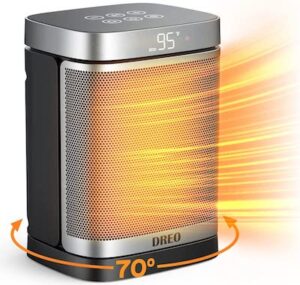What Are Some Ways I Can Save on Heating Costs During the Winter?
With the cost of almost everything going up we’re all looking to save money. Lowering your heating bill is one way to save money and stretch your budget.
Here is our list of 9 ways you can save on your heating bill this winter:
- Check your Gas Bill
- Seal Areas Where Heat Could be Leaking Out
- Make Sure Your Windows are Sealed
- Control Humidity
- Avoid a Wood Burning Fireplace
- Add Insulation to Your Attic
- Dress Warm and Use Blankets
- Insulate Your Water Heater
- Utilize Space Heaters
Are you spending too much money on your natural gas heating costs during winter? Well, if you have your thermostat under control, try these 9 tips to reduce your heating costs effortlessly.

1. Check Your Gas Bill
Are you living in a deregulated energy market? Have you switched to an alternative energy supplier? Well, you need to check your gas bill. Find out if your rate varies each passing month. If this is the case, you need to look for a natural gas plan where you can lock in a low rate. If you have never shopped for a natural gas supplier, you can always check to see whether it’s possible to switch to an alternative gas supplier.
2. Find Areas Where Heat Could be Leaking Out of Your House
You need to do a DIY Home Energy Audit when the weather becomes hot. It’s easy enough to identify areas in your home where cold air is leaking inside such as doors, windows, plumbing and electrical outlets. Use spray foam or caulk to reduce the air leaks around the utility cut-outs for the pipes underneath the sink. Check to make sure that all the wall plates and electrical outlets located on the outside walls are insulated properly.
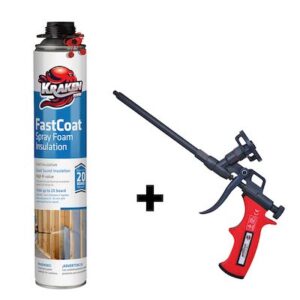
3. Seal Your Windows
During the Home Audit, you need to check the window seals. Statistics reveal that leaky windows amount to 10 – 25 percent of the heating bill in your home. You can stop air leaks by sealing your windows using clear plastic film that is commercially available plus a hairdryer. Of course, for fire safety reasons, you shouldn’t seal your bedroom windows.
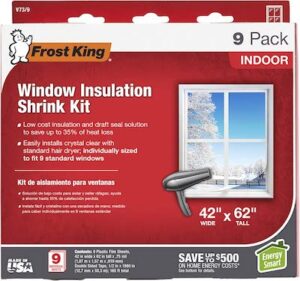
4. Control Humidity
If you are living in colder climates, humidity in your issue may be a huge issue. The dry air during the winter seasons usually pulls air from your skin. As such, you will end up feeling colder. Rather than using your thermostat, you can use a humidifier to maintain the humidity in your home between 30-50 percent. You will end up feeling warmer if there is some humidity in the air.
5. Avoid Using a Wood Burning Fireplace
According to the EPA an EPA certified stove is up to 50% more efficient than a wood burning fireplace. Up to 80% of the heat produced in your fireplace will go out of the chimney. On the other hand, cold air is being drawn inside through the leaks in the walls and windows. Therefore, an investment in a stove could save you money in the long run and also cut down on air pollution. You will still have a great appearance of a fireplace but the heating result will be very efficient. You can always contact a licensed plumber to install any new natural gas piping you may require.
6. Add Insulation to Your Attic
It is useful when it comes to insulating the door used to access the attic from the rest of your house. As such, you can guarantee that there isn’t warm air escaping into the attic.
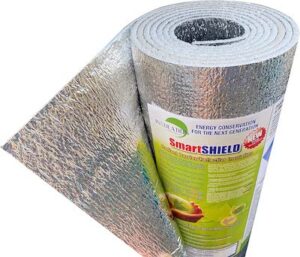
7. Always Dress For The Weather
If you are feeling cold, put on warm clothes rather than turning on your thermostat. You can keep yourself warm with a sweater, slippers and socks when inside the house.
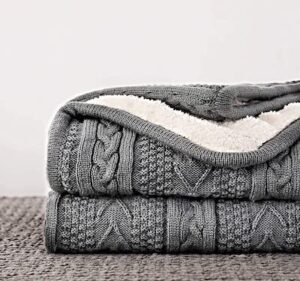
8. Insulate The Water Heater
Make sure your natural gas water heater is properly insulated to ensure optimal efficiency. It’s important if you have installed the water heater in the basement, garage or any other non-insulated space. Buy a water heater blanket in the local hardware store or online. Make sure that your boiler works at its optimum level with boiler cover from Corgi Home Plan.
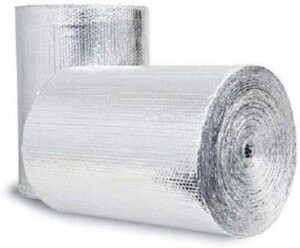
9. Use Space Heaters
A space heater will warm the entire room so you don’t have to warm up the entire house. It’s very important if you rely on central heating. Most of the space heaters today are energy efficient and have the best safety features to prevent over-heating.
